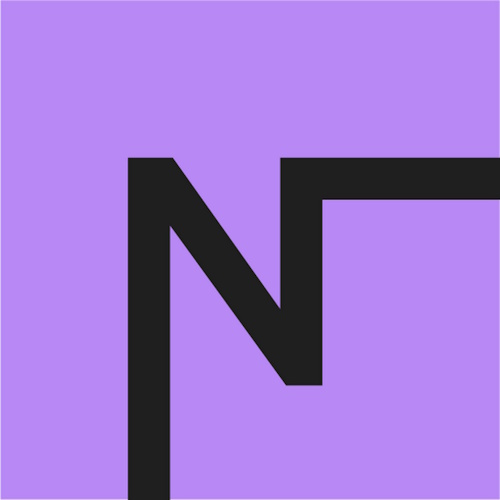Key points from article :
Key Points About Neurotechnology in 2023:
Research and patents for neurotechnology have gone through a 20-fold surge in the past two decades, reflecting its increasing importance in unlocking the mysteries of the human brain.
A recent analysis suggests potential ethical hurdles as neurotechnologies evolve. This has prompted a review of the field since the 2013 report on emerging neurotechnologies.
Concerns about safe use, especially outside of medical settings, were raised in 2013 due to inconsistent and fragmented regulations. This issue remains relevant as these technologies expand.
The lines between "therapeutic" and "non-therapeutic" uses of neurotechnology are fading, prompting questions about ethical oversight and whether therapeutic applications can extend beyond traditional medical boundaries.
Issues like obsolete technology and potential bias within neurotech interventions have gained attention, raising challenges for patient safety, informed consent, and ethical decision-making.
Framework Reboot Needed: With rapid advancements, reviewing and refining ethical frameworks and regulatory policies is crucial. This will ensure that the benefits of neurotech progress reach society while protecting individual interests in this ever-changing field.






